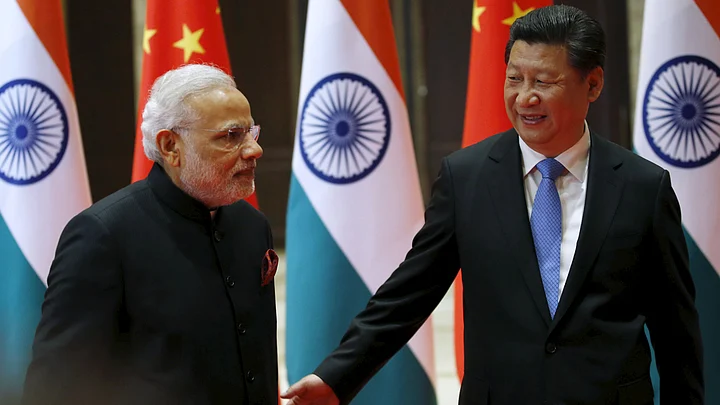In what would warm the heart of the ruling National Democratic Alliance government, China has come out in support of its policy against non-governmental organisations (NGOs).
We have “something in common” in regulating foreign NGOs that have “often been used by western countries to interfere in the domestic affairs” of developing nations, said prominent Chinese lawmaker, Hu Zhengyue.
As developing countries, India and China have similar problems. China and India have similar national positions. So, we have something in common in regulating NGOs.Hu Zhengyue, Chinese Lawmaker
Hu Zhengyue is a member of National People’s Congress (NPC) – China’s parliament.
“Outside World” Need Not Worry About Chinese Law, Says Hu
The draft Foreign NGO Management Law is said to have given sweeping powers to China’s government to investigate foreign NGOs, some of which have expressed grave concern over the “rising intolerance” of the communist regime. Hu said the outside world “need not worry” about a draft Chinese law which envisages tighter control on foreign NGOs operating in China.
Last year, the Indian government was slammed by civil rights activists when it cancelled the licence of nearly 9,000 NGOs, including Greenpeace India, citing lack of transparency in their foreign funding. Courts have generally intervened in India against the crackdown, but Chinese laws come as a diktat for the NGOs to follow.
All the developing countries should have a discussion on issues related to NGOs. We cannot deny that on some occasions some western countries take advantage of NGOs to interfere in the domestic affairs of other countries. We have many such examples.Hu Zhengyue, Chinese Lawmaker
Law Doesn’t Affect “Genuine Organisations”
China has some 500,000 NGOs in comparison to 3.1 million in India. Of the 500,000, 7,000 are foreign entities. Once China decides to crack down on any activity, it does not allow any protests against it. Nor are its courts allowed to interfere in government policy.
How to better manage and regulate non-governmental organisations should be left to us. We need some time to do some investigation and studies. The outside world does not need to worry about this.
Proposed two years ago, the legislation makes it mandatory for foreign charities to register with security authorities. One of its features restricts these organisations from carrying out activities to raise funds.
However, Hu sought to clarify that the law would not hinder “the genuine organisations”.
The Chinese government has no problem as long as their (NGOs) work is proper, legal and beneficial. The law is to promote the healthy development of NGOs, and this will also better regulate the local governments (in China).
(At The Quint, we question everything. Play an active role in shaping our journalism by becoming a member today.)
